Not Leaning too Heavily Into a Gimmick
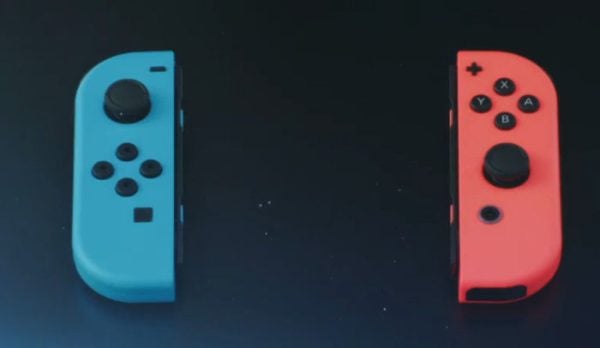
Nintendo has always been a company that focuses on innovation and taking chances with their hardware in terms of design and use. This, however, can sometimes get a bit of out hand as the gimmick of the system can sometimes compromise or entirely take over the gameplay. Star Fox Zero, for example, tried so hard to utilize the technology of the Wii U that it created a terrible experience for a much anticipated game. Even staple series like Mario had to have their entire mechanics built around a single concept.
Despite the Nintendo Switch having a plethora of features pulled from their controllers and setups, they didn’t rely too much on them. Sure, there were games like 1-2 Switch that focus on the aspect and give the console individuality, but major titles like The Legend of Zelda: Breath of the Wild and Super Mario Odyssey seem set on delivering a strong gaming experience in the way they see fit.
By carefully spacing the use of their unique features, Nintendo has a chance to focus on refining their gameplay. They seem to have struck a healthy balance between allowing players to have a casual, straight forward experience and one based around the variety of different controller options.
More Serious Online Envirionment
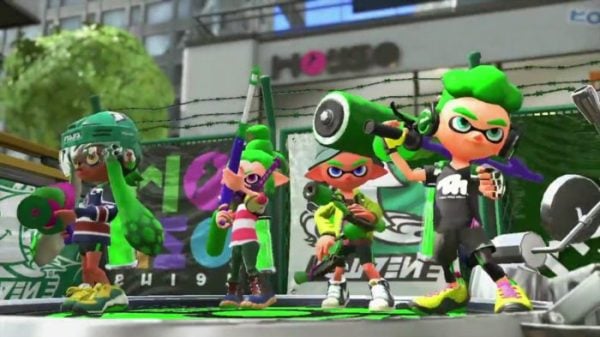
Nintendo has always struggled with delivering a strong online platform, yet it seems that they are finally taking this common feature seriously. While they didn’t go heavily into detail on their Switch Online Service during their conference, a post went live offering a general overview of what they are planning to offer. This includes party features and general voice chat, a huge step considering the Wii U only allowed players to talk in lobbies prior to actual matches.
We do need to address the fact that their online service will become pay focused in the fall, and that its free NES/SNES titles offered each month are going to be available only for that month. Even before pricing details are released, there’s little doubting that Nintendo is beginning to conform to the traditional online platforms the other major companies have embraced. There’s still a fair amount of information still in the dark, but Nintendo’s focus on allowing more connectivity across the world is what they desperately needed. Titles such as Mario Kart and Super Smash Bros. all have strong followings, and Nintendo needs to encourage a stronger multiplayer environment.
Third Party Support
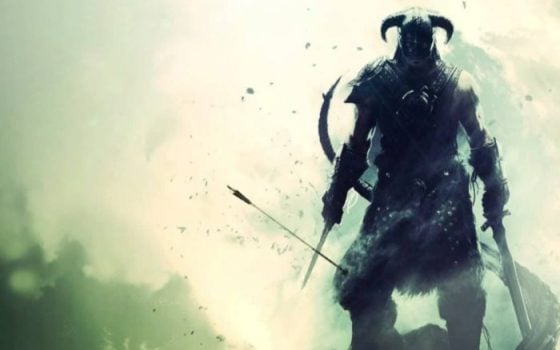
Perhaps one of the most important factors that will determine the Switch’s longevity is if third party developers are on board. While we already knew Nintendo had a rather extensive list of companies on board, their capacity was left a mystery. This, to a degree, was thankfully cleared up during Nintendo’s press conference where multiple studios showcased what they were working on. Bethesda took time to introduce Skyrim for the system, while Atlus teased a new Shin Megami Tensei title. Square Enix also took to the stage, offering up not only a handful of Dragon Quest titles but a new JPRG titled Project Octopath Traveler.
It was incredibly important for Nintendo to show that they could offer more than first party games, titles and publishers that can alleviate pressure given some of their major titles can take time to develop. There was also a strong showing during and after the conference by EA and Ubisoft, which are incredibly important given the sheer volume of popular titles they release yearly. Despite some companies like From Software and Warner Brothers remaining no shows, it’s fantastic to see Nintendo offering their player base a bigger selection of titles.
Variety in First-Party Exclusives
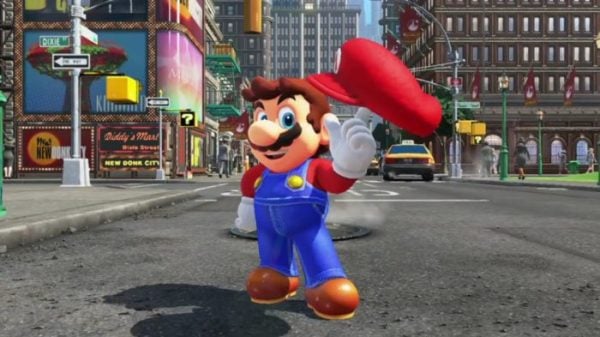
One of Nintendo’s biggest attractions has always been their first party titles, which thankfully are giving a strong showing this time around. Some titles like Metroid, Kirby, and F-Zero were not present, but that didn’t dilute the quality of titles revealed. What was nice is the sheer variety of first-party offerings announced, as each one seemed to cater to a different genre and playstyle.
The new Mario is continuing the traditional platforming roots it helped create, while The Legend of Zelda is offering an action/RPG experience. Other titles like Splatoon 2 are more focused on chaotic multiplayer action, and for those looking for more party based titles, there is 1-2 Switch. Even with some major names missing, it’s nice to see that Nintendo isn’t just offering consumers several different flavors of platforming games.
Perfecting Versatility
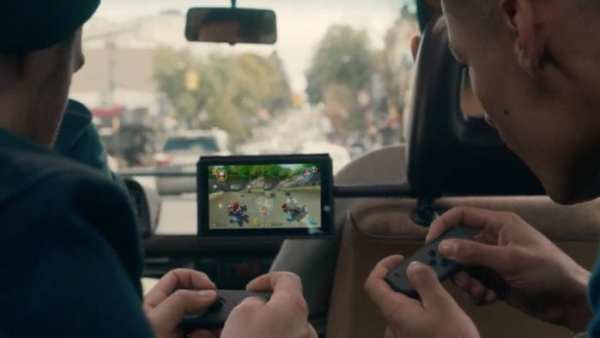
Yet, the biggest change Nintendo has made was actually with their core systems design itself, as they have been attempting to balance playing on the go with the home for some time now. Given the Wii U’s biggest feature was a second screen, its only major limitation was that you had to be within a certain range of the system for it to work. This weighed down the console’s capabilities and effectively tethered users to stay within a few feet of their console at all times.
Flash forward to the present, and Nintendo’s latest gamepad can effectively act a separate device, creating a less cumbersome console than the Wii U and Wii. Playing with friends locally has always been a focus of Nintendo as their games and marketing have reinforced the play with family and friends mentality. Thankfully, the Switch is a culmination of the best ideas from each generation rolled into one.
While Nintendo always has room to improve and grow their console’s components and games, it’s nice to see that the company has become more willing to embrace modern conventions when it comes to design. Innovation could be the key to their system’s longevity, and smart innovation will avoid another Wii U scenario. For now, we are going to secure our pre-orders and get ready to play The Legend of Zelda on the go.
